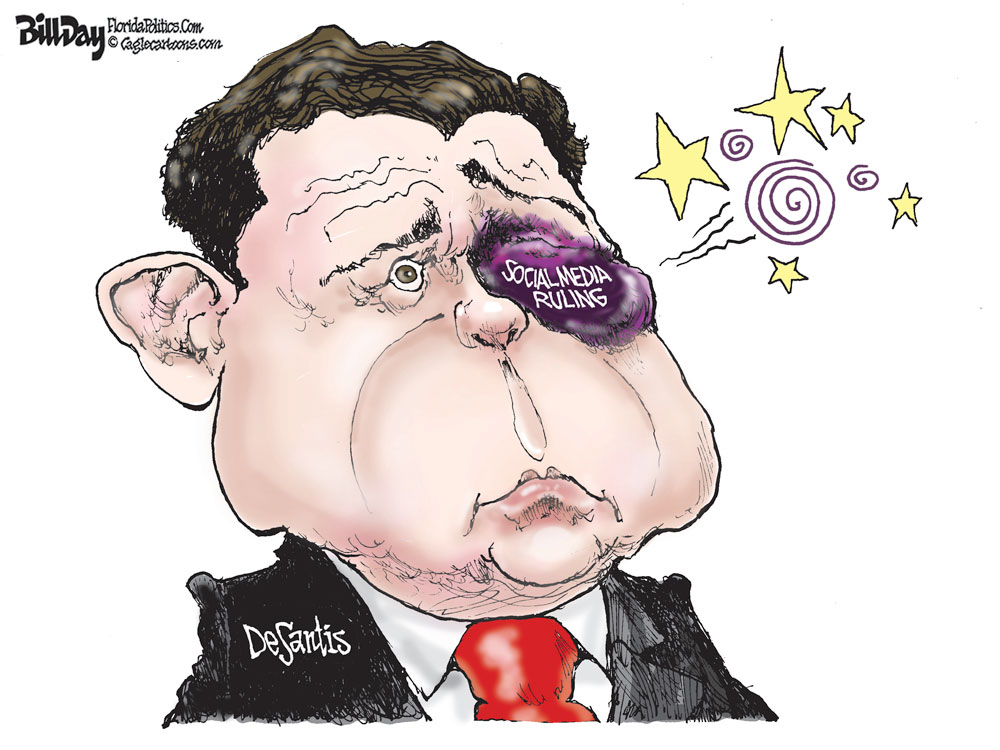
Weather: Mostly cloudy. Highs in the upper 80s. Southeast winds 10 to 15 mph. Wednesday Night: Mostly cloudy. Lows in the lower 70s. Southeast winds 10 to 15 mph, diminishing to around 5 mph after midnight.
Today at the Editor’s Glance:
In Court: The trial of Travis Smith before Circuit Judge Terence Perkins enters its third and likely final day. Smith faces a second-degree burglary and two misdemeanor charges stemming from an alleged assault of a Lyft driver in Palm Coast in 2020. See: “Trial Begins for Lyft Rider Accused of Attacking and Spitting on Palm Coast Driver in Early Days of Pandemic.”
Flagler County Parks and Recreation Advisory Board meeting at 10 a.m., Government Services Building – 1st Floor Conference Room, 1769 E. Moody Blvd., Bunnell.
The Flagler County School Board holds a closed-door session at noon in the superintendent’s conference room at the Government Services Building, 1769 East Moody Boulevard, Bunnell, to talk about the district’s management team negotiations with the district’s teacher and service employee unions. The two sides have been at loggerheads recently over what the unions say is a broken pledge from the district’s team to allow for one-time insurance rebates. The school board then holds a special, open meeting regarding employee health insurance, at 4 p.m. at the GSB’s chambers, first floor.
Notably: Today is African Freedom Day, marking public holidays in several African nations. It is also Raymond Carver’s birthday (1938). Frabk Kermode, writing in the London Review of Books 22 years ago: “Carver came to be exceptionally good at short stories not only because he worked hard at them, but also because he listened to advice, especially from John Gardner but also, more remotely, from Hemingway, Chekhov and V.S. Pritchett. One of the things he learned was the need for arduous revision, draft after draft. Another lesson was that the writer needs to trust the tale. Lawrence notoriously advised the reader to do so, but the writer has to trust it because it will collaborate in the composition of the work if the work is any good. Carver is impressed by Flannery O’Connor’s remark that she started work without knowing where the story was going: when she began ‘Good Country People’ she ‘didn’t know there was going to be a PhD with a wooden leg in it’. Carver might have a single phrase in his head as a donnée: ‘He was running the vacuum cleaner when the telephone rang.’ Given time, more sentences attached themselves to this one and finally there is story called ‘Put Yourself in My Shoes’, which turns out to be one of the funny ones, though a little sad also.
Here are some of Carver’s openings:
I had a job and Patti didn’t.
Earl Ober was between jobs as a salesman.
My marriage had just fallen apart. I couldn’t find a job. I had another girl. But she wasn’t in town.
I was out of work. But any day I expected to hear from up north.
I lay on the sofa and listened to the rain.
It was the middle of August and Myers was between lives.”
Now this:
![]()
The Live Calendar is a compendium of local and regional political, civic and cultural events. You can input your own calendar events directly onto the site as you wish them to appear (pending approval of course). To include your event in the Live Calendar, please fill out this form.
January 2026
East Flagler Mosquito Control District Board Meeting
Nar-Anon Family Group
Palm Coast City Council Meeting
In Court: Angel Marie Sexton Sentencing
Flagler Beach United Methodist Church Food Pantry
In Court: Kristopher Henriqson
Weekly Chess Club for Teens, Ages 10-18, at the Flagler County Public Library
Flagler Beach Library Writers’ Club
Random Acts of Insanity Standup Comedy
Contractor Review Board Meeting
Flagler County’s Technical Review Committee Meeting
Flagler Tiger Bay Club Guest Speaker: Jeff Brandes
Separation Chat: Open Discussion
The Circle of Light A Course in Miracles Study Group
Palm Coast Planning and Land Development Board
For the full calendar, go here.

“Conventional political wisdom measured power on the basis of election outcomes, chalking up 2012 as a loss for the Kochs, 2014 as a win, and 2016 as a test whose results remained to be seen. But this missed the more important story. The Kochs and their ultra-wealthy allies on the right had become what was arguably the single most effective special-interest group in the country. The Kochs hadn’t done it on their own. They were the fulfillment of farsighted political visionaries like Lewis Powell, Irving Kristol, William Simon, Michael Joyce, and Paul Weyrich. They were also the logical extension of the legacies of earlier big right-wing donors. John M. Olin, Lynde and Harry Bradley, and Richard Mellon Scaife had blazed the path by the time the Kochs rose to the pinnacle of their power. During the 1970s, a handful of the nation’s wealthiest corporate captains felt overtaxed and overregulated and decided to fight back. Disenchanted with the direction of modern America, they launched an ambitious, privately financed war of ideas to radically change the country. They didn’t want to merely win elections; they wanted to change how Americans thought. Their ambitions were grandiose–to “save” America as they saw it, at every level, by turning the clock back to the Gilded Age before the advent of the Progressive Era. Charles Koch was younger and more libertarian than his predecessors, but, as Doherty observed, his ambitions were if anything even more radical: to pull the government out “at the root.”
–From Jane Mayer’s Dark Money: The Hidden History of the Billionaires behind the Rise of the Radical Right (2016).






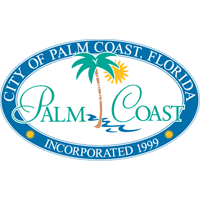
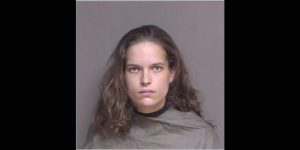

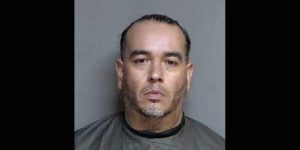
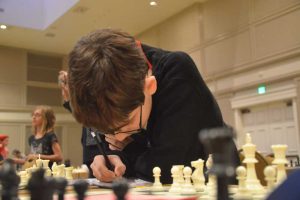
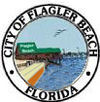

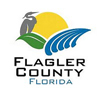
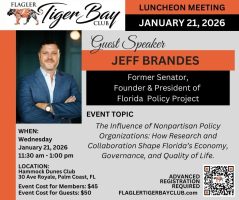




























Leave a Reply